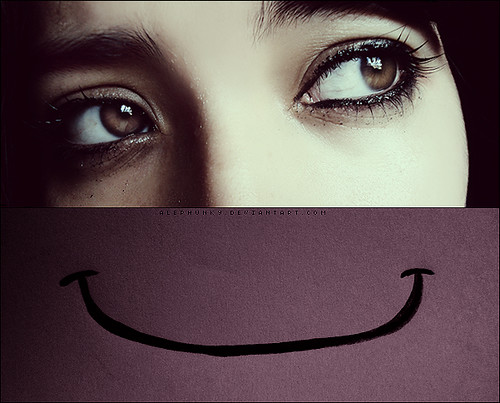Can computers teach us everything we need to know about cooperation?
ve posted before about Robert Axelrod's research on cooperation; computers were assigned different strategies in the famous prisoner's dilemma and for thousands upon thousands of rounds they faced each other to see which method led to the most success. The best strategy by far turned out to be one we're all familiar with: tit-for-tat. In chapter six of his book, The Evolution of Cooperation, Axelrod explains how we can translate the findings of these computer tournaments into advice that's useful…
3 minutes
Is 5-to-1 the golden ratio for both work and romantic relationships?
om Richard Conniff's interesting book, The Ape in the Corner Office: How to Make Friends, Win Fights and Work Smarter by Understanding Human Nature: It turned out that the fifteen high-performance teams averaged 5.6 positive interactions for every negative one. The nineteen low-performance teams racked up a positive/negative ratio of just .363. That is, they had about three negative interactions for every positive one... And: What's even scarier is that Losada's five-to-one ratio also appears to be essential when you…
1 min read
Sex On The First Date: What predicts who’s okay with it?
k them: "Do you like the taste of beer?" Via OkCupid: Among all our casual topics, whether someone likes the taste of beer is the single best predictor of if he or she has sex on the first date... No matter their gender or orientation, beer-lovers are 60% more likely to be okay with sleeping with someone they've just met. Sadly, this is the only question with a meaningful correlation for women. Join over 190,000 readers. Get a free weekly…
1 min read
Are there easy ways to improve your next vacation?
ristian Jarrett has a long interesting piece on vacations in The Psychologist. There are a number of interesting highlights, including the optimal length of a trip: ...people on mid-length holidays of between three to six days tended to report more positive mood than those on shorter or longer trips. ‘Possibly a two- to six-day holiday trip is long enough to enjoy (unlike a two-day trip),’ Nawijn surmised, ‘but short enough to minimise arguments with partner, family or friends.’ There's often…
3 minutes
Who can most accurately tell when the opposite sex is interested in them: men or women?
ndsome men. Via MSNBC: The more attractive the woman was to the guy, the more likely he was to overestimate her interest in him, researchers found. And it turns out, the less attractive men (who believed they were better looking than the women rated them) were more likely to think beautiful women were hot for them. But the more attractive guys tended to have a more realistic assessment. And the women? Perilloux and her coauthors found that women underestimated men’s sexual interest.…
1 min read
Does guilting people really work?
minding people of their transgressions causes them to improve their behavior: People’s desires to see themselves as moral actors can contribute to their striving for and achievement of a sense of self-completeness. The authors use self-completion theory to predict (and show) that recalling one’s own (im)moral behavior leads to compensatory rather than consistent moral action as a way of completing the moral self. In three studies, people who recalled their immoral behavior reported greater participation in moral activities (Study 1),…
1 min read
Here’s Where “Fake It Until You Make It” Works
en it comes to confidence and social situations, "fake it until you make it" can help. Appearing depressed can create a downward spiral. Avoiding eye contact can increase isolation: Via Medical News Today: ...avoiding eye contact may actually increase depression amongst already unhappy individuals, as it can lead to isolation. "Sad people avoiding eye contact will disrupt normal social fluency and may lead to them shunning certain social situations," said Dr Hills. "Although this may reduce anxiety caused by the…
2 minutes
5 things people can tell about you from your handshake:
There is a connection between the quality of that handshake after a job interview and whether or not you get an offer. 2) People can tell how extraverted and conscientious you are by your handshake. 3) Touching in general has incredible power: it makes us more persuasive, influences risk-taking, and improves team performance. 4) You can judge someone's overall health by a handshake. 5) Your handshake says a lot about you sexually as well. Join over 180,000 readers. Get a…
1 min read








